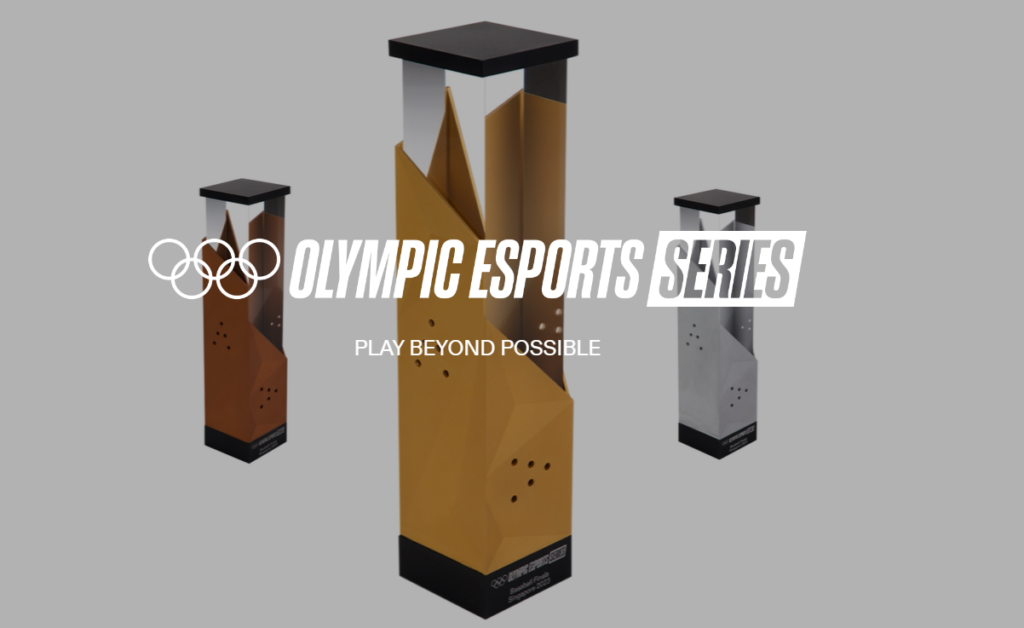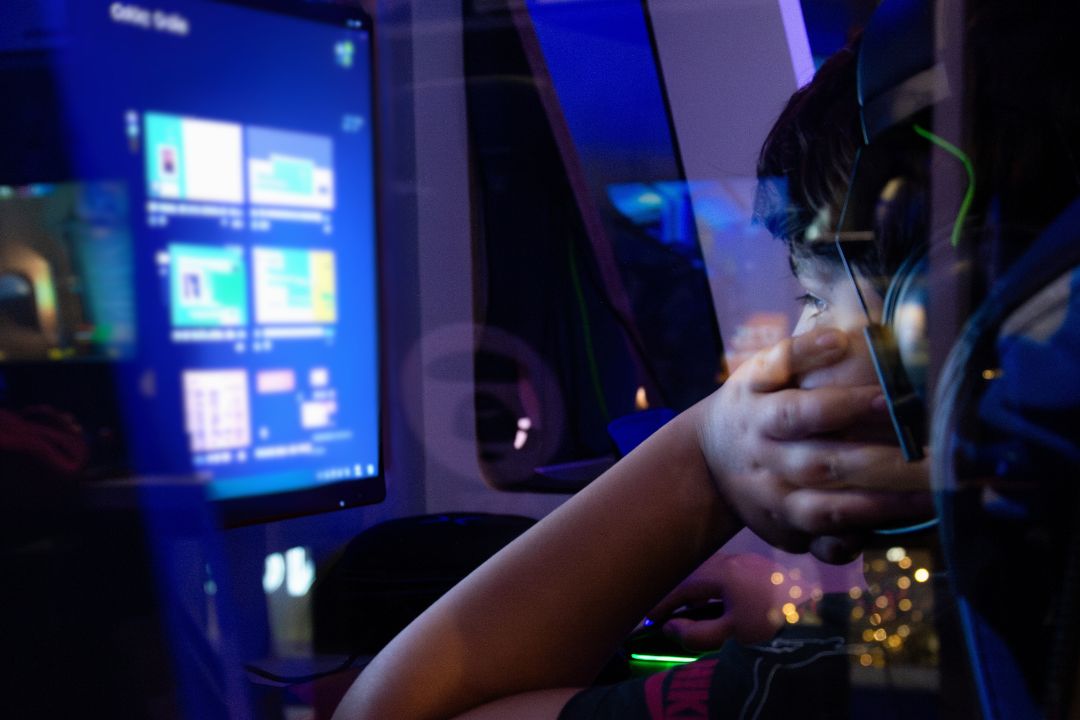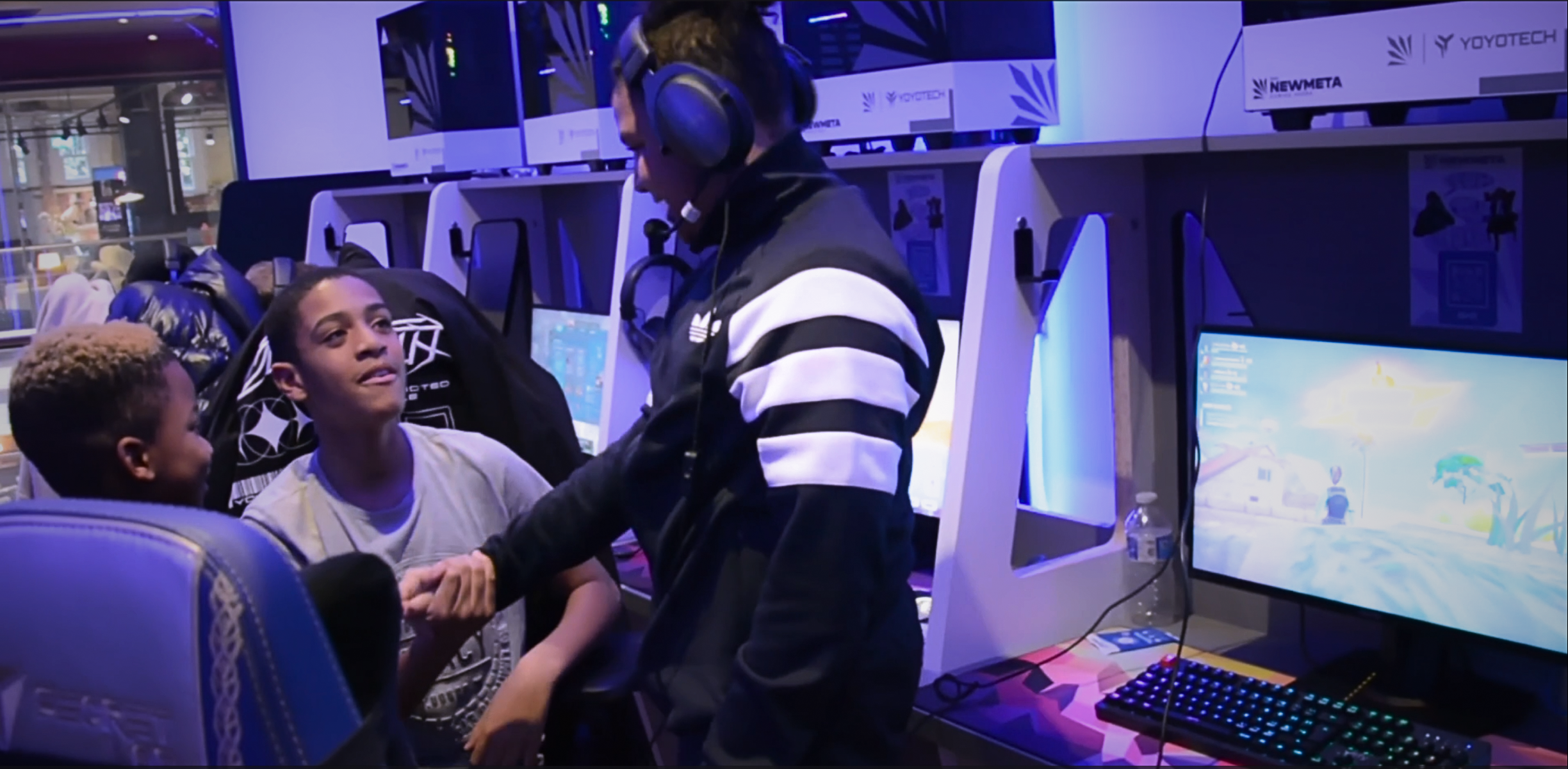The Olympics have always offered talented participants the chance to compete against one another and consolidate their status as the best in the world. Overwhelmingly, the games are physically demanding and require extreme fitness and strength. However, this is about to change radically. This month, the International Olympic Committee announced a 12-year partnership with Saudi Arabia to hold an Esports Olympics.
A key attraction of gaming is its accessibility. If you are 16 years old and have never been to a gym in your life, you still have every chance to rise to the top of your discipline. Unlike conventional sports, where physical disabilities, health constraints, or lack of strength can be significant obstacles, esports levels the playing field by emphasising cognitive abilities and mental acuity.
Players hone their skills in reaction times, strategic thinking, and teamwork, engaging in rigorous training and practice sessions. This shift in focus from physical prowess to mental agility means that individuals of varying physical capabilities can compete at high levels. This demonstrates that esports demands just as much dedication, skill, and training as traditional sports but towards mastering different, equally challenging competencies.
Bringing the Esports Olympics from Aspiration to Reality
In 2017, a summit was held to discuss the potential for esports to be integrated into the Olympic program. Following this summit, an online Olympic Virtual Series was held in 2021, which was followed by the official establishment of an Olympic Esports Series in 2022. Noticeable progress towards an Esports Olympics began when the inaugural Olympic Esports Series was held in Singapore, June 2023. It seems as though this served as a form of trial to test how such an event would be organised and operate. Although some controversy arose from those in the mainstream esports scene due to a lack of traditional competitive games, the event successfully accelerated talks within the International Olympic Committee.

With Paris 2024 ongoing and the Olympic Spirit in full swing, it has been announced that 2025 will host a standalone Esports Olympics, similar to how the Winter Olympics stands separate from the current ongoing event. It is yet to be revealed which games will be included, but we know it will be hosted in Saudi Arabia.
Esports Olympics vs. the Traditional Olympics
An Esports Olympics, however, would differ from the mainstream esports industry in structure and game titles. More violent-natured video games like Counter-Strike and Call of Duty, despite having sizeable esports scenes, would likely not feature. Although this may differ from the expectations of some hardcore gamers, it would also make viewership far wider and more appropriate for all ages.
Bringing digital sports under the Olympic banner would also help connect with younger generations who increasingly interact online. Approximately 83% of people between the ages of 16 and 24 play video games in the UK. An Esports Olympics may attract viewership from younger age groups with less interest in traditional sports, providing them with new inspiration and role models.
How Could the Esports Olympics Impact the Future?
A crucial benefit the Esports Olympics could bring to children is the ability to witness where their passion can take them. Esports athletes must have an incredible work ethic to succeed, and their journey to Olympic victory can inspire those who struggle to relate to the journey of traditional athletes. Not all children have the physical capability or emotional enthusiasm to endure football, track running, or swimming. However, gaming is more accessible to all.
Passionate young gamers, such as our Academy students today, may be laying the foundations for their future careers.
The Esports Olympics has journeyed from a concept to a planned event in the near future. It is time for young gamers to find their special inspiration and celebrate the Olympic Spirit.









